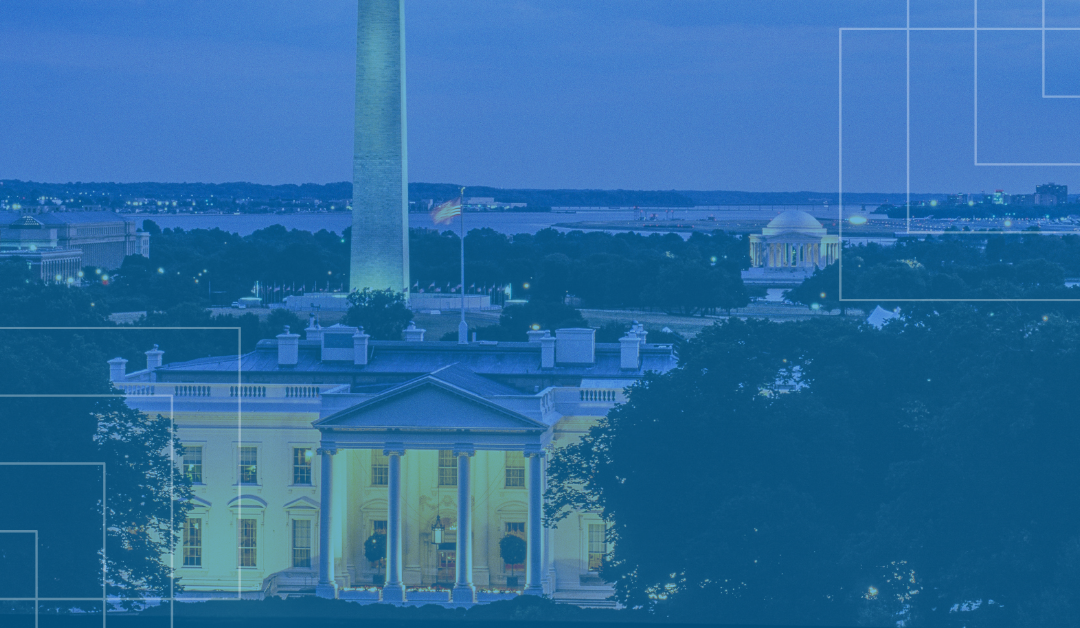GovCon Trends to Watch in 2025
We expect this new year to bring quite a few changes to federal contracting. Wiith a new administration moving into D.C., there can be a lot of uncertainty — from who is going to lead the heads of key agencies to what policies they are going to change when they get there. To kick off the new year, we wanted to focus on some of the things we are keeping an eye on in 2025.
New Administration’s Impact on Contracting Priorities
Government contractors should prepare for potential shifts in federal spending and procurement policies in 2025. A new president–and party–is taking control of Congress and the White House, which means we can expect to see quite a few things shift in terms of how federal money is being spent, and what their priorities are. Potential changes include:
- New emphasis on contracting categories aligned with the incoming administration’s priorities
- Changes in small business contracting goals and set-aside programs
- Potential shifts in agency leadership that could affect procurement decision-making
Contractors can prepare for this by keeping up-to-date with the news impacting the agencies they currently–or want to–do business with. They can also work to strengthen relationships across multiple agencies to maintain stability through the transition.
Evolution of Defense Spending
Defense spending continues to be a major focus in the federal marketplace. We expect to see an increased investment in modernization efforts across military branches, with a growing emphasis on cybersecurity and information technology infrastructure.
DoD contractors should pay particular attention to opportunities in modernization and digital transformation projects, as these areas are likely to see sustained funding regardless of broader budget discussions.
Navigating New AI Regulations
As artificial intelligence becomes increasingly involved in government operations, we expect to see new regulations and guidelines for AI in federal contracting. There will also be continued conversations about when you can and can’t use AI to enhance your contract writing capabilities, and about the tools the government uses to weed out AI-produced content. Some potential discussions and changes are:
- Implementation of comprehensive AI security and ethics frameworks
- Enhanced oversight of AI applications in federal systems
- Specific guidelines for AI use in classified and sensitive government work
Although AI can help small businesses in government contracting get more done and streamline their work, it’s important that they first understand how to use it, where it’s pulling information from and how to make sure it’s being used ethically.
Trade Policy Impacts
Global trade dynamics will continue to influence government contracting in 2025, particularly in areas such as supply chain security mandates and compliance requirements. Contractors should assess their supply chains and international business relationships to ensure compliance with evolving trade policies. This–while maintaining competitive pricing and reliable delivery capabilities.
These trends present both challenges and opportunities for government contractors. Success in 2025 will require GovCons to be proactive in their efforts.
At Parabilis, we understand these unique challenges and work closely with our clients to ensure they have the working capital needed to adapt and grow. Whether you’re expanding into new contract areas or investing in technology to meet new requirements, having reliable access to capital is essential for success.
Make sure to keep up with our blog and LinkedIn for the very latest industry updates.
